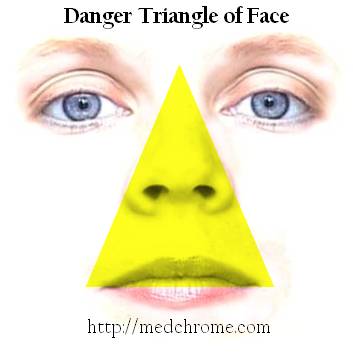Changes in Healthcare

In his Time Magazine article, Steven Brill takes an in-depth look at how medical bills are killing Americans. Health care costs in the United States are very high and most families are struggling with keeping up with medical bills.
In that article, he presented stories of families burdened with high medical bills—stories that most average Americans can relate to. And even with health insurance, these people still struggle.
In a recent article in Forbes, Todd Hixon analyzed how medical care in the United States is significantly
higher than peer countries. The differences are staggering. For example, Japan and U.K. only spend half of what the U.S. did in 2008.
The ability to afford health care and medical treatments is important. That’s why we are required to have health insurance. But at this rate, we’re most likely to find ourselves in a situation where our medical bills are the ones that kill us, not diseases.
Significant changes in the medical and health care industry from the government
President Obama’s reforms to health care are expected to address a lot of the problems. The new law aims to reduce medical costs and improve access to medical treatments. It should also improve insurance policy acquisition through the development of state insurance exchanges, where people can better shop and compare insurance plans.
Pressure on medical companies to reduce costs
Fortunately, clinics and hospitals are trying to reduce costs. Most are already devising strategies, like collaborative treatment, to provide better medical and affordable care to patients.
Mobile technology as a potential game-changer
Mobile technology has made a huge impact all over the world. It’s improved service, data access, and transactions in different industries. With the projected increase in mobile use, it’s expected to have a strong impact on health care.
Darrell Wes, from The Center for Technology Innovation of The Brookings Institution, wrote a report that showed how mobile technology is changing the health care landscape. It details how countries are adopting mobile health initiatives to offer better and more efficient services, like health call centers, telemedicine, and SMS-based reminders for medical appointments.
What’s interesting is that mobile devices can now be used to remotely monitor chronic diseases, which is a big industry challenge. This reduces costs because patients will now be able to monitor themselves and simply electronically send data to their physicians. This saves them trips to clinics. In fact, an analysis showed that technologies like this can save the country as much as $197 billion in the next 25 years.
Additionally, mobile technologies help the elderly not miss any medication. Text messages, automated calls, and emails can now remind them when to take their medicine. They no longer have to drive down to the physician’s clinic just to be told to take their meds.
There are mobile health centers and rolling medical offices now all in one glorious package. So if you’re planning on doing medical outreach, these mobile medical vehicles from a reputable services like Craftsmen can be an indispensable component of your new service offering!
More importantly, this helps doctors provide assistances to patients in rural areas, where it’s typically difficult to get medical care. This can reduce the number of deaths, like in childbirth.
How mobile technology doesn’t just benefit patients
Aside from making it easier to perform their duties, medical providers can also benefit by getting paid a lot faster and more efficiently, through healthcare revenue management systems.
These allow better organization for medical providers. Healthcare revenue management tools make patient registration, scheduling, medical records management, and billing with a software for bills so efficient providers don’t have to worry about anything other than offering quality service to patients.
Article By Jennifer Smith






